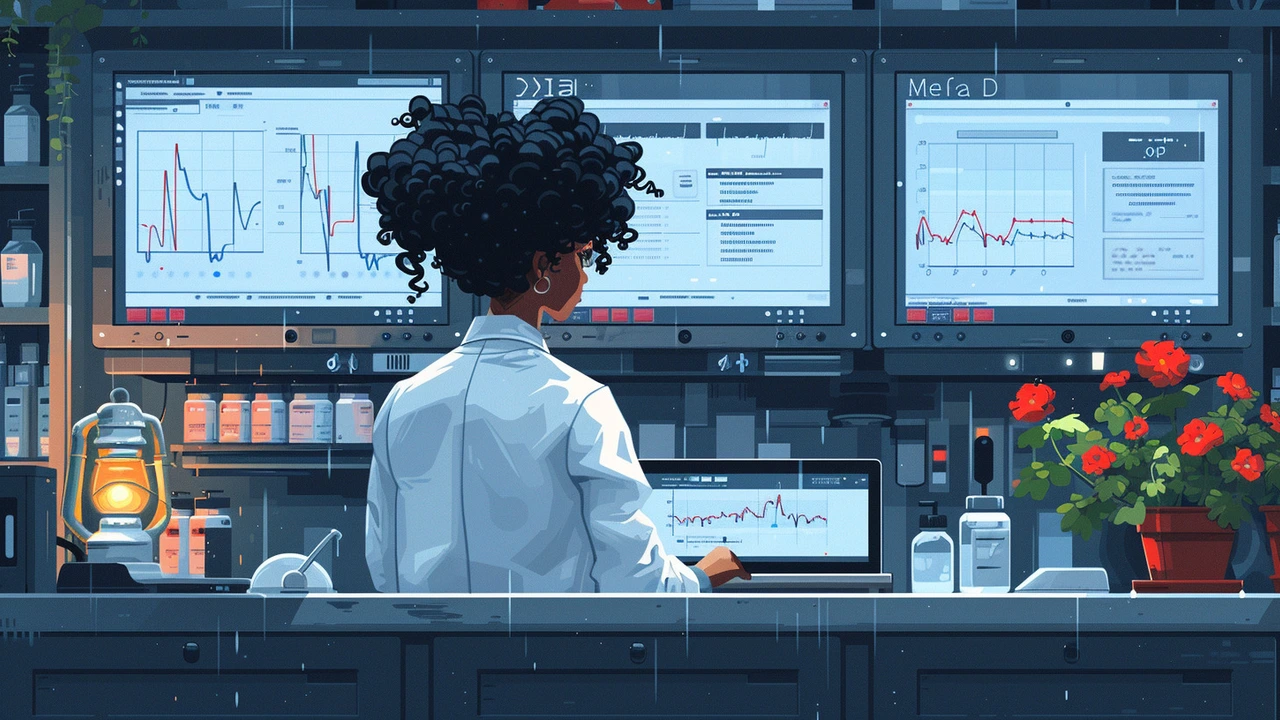Health & Technology: Where Innovation Meets Wellness
Ever wonder why your smartwatch seems to know you better than your doctor? That’s the power of health tech at work. From AI crunching massive data sets to simple apps that remind you to drink water, technology is making health care faster, smarter, and more personal.
At The Tech Insight Review, we break down the buzz so you can see what actually matters. No jargon, no fluff—just clear explanations of how the latest gadgets and software can improve your everyday health.
Why Tech is Changing Health Care
First off, data is the new lifeblood of medicine. AI algorithms can spot patterns in lab results that would take humans years to notice. That means earlier diagnoses, tailored treatments, and fewer guess‑works. Think about precision medicine: doctors use your genetic info, lifestyle data, and even your sleep patterns to craft a plan that’s uniquely yours.
Second, wearables are turning your body into a living sensor network. A heart‑rate monitor can flag irregular beats before they become dangerous. A skin‑temperature sensor can warn you of a fever before you feel sick. All this data streams to your phone, and sometimes straight to your doctor’s dashboard.
Third, telehealth is rewriting the doctor‑patient relationship. You can now video‑chat with a specialist from your living room, share real‑time data from a glucose monitor, and get a prescription in minutes. This convenience cuts down travel time, reduces missed appointments, and opens up care to remote areas.
Top Trends to Watch
AI‑Driven Diagnosis: Tools like IBM Watson Health and Google DeepMind are already assisting radiologists and pathologists. Expect more clinics to adopt AI for reading scans, spotting skin cancers, and predicting disease progression.
Smart Wearables: Beyond fitness trackers, new devices can measure blood oxygen, ECG, and even stress hormones. Companies are pushing for medical‑grade accuracy, so you’ll likely see insurance plans covering certain wearables soon.
Remote Monitoring Platforms: Hospitals are setting up cloud‑based systems where patient data flows securely to clinicians. This helps manage chronic conditions like diabetes or heart disease without daily office visits.
Virtual Reality Therapy: VR isn’t just for games. Therapists are using it for pain management, anxiety reduction, and rehab exercises. It offers a controlled environment that can be customized for each patient.
Blockchain for Health Records: Security is a big worry when you share personal health info. Blockchain promises tamper‑proof, decentralized records that you control. While still early, pilots are underway in several countries.
All these trends share one thing: they put the patient in charge. You get more information, more choices, and often a smoother experience. That doesn’t mean you should replace doctors with gadgets—technology works best when it supports human expertise.
So, what can you do right now? Start by checking the health apps you already have. Look for ones that sync with reputable wearables and have clear privacy policies. If you have a chronic condition, ask your doctor if remote monitoring could fit your treatment plan. And keep an eye on AI‑powered tools that your clinic might introduce.Understanding health tech doesn’t require a degree in engineering. It just needs curiosity and a willingness to try practical tools that actually improve your well‑being. Stay tuned to The Tech Insight Review for regular updates, reviews, and easy‑to‑follow guides that keep you ahead of the curve.

How AI is Revolutionizing Precision Medicine
The use of AI in precision medicine is reshaping how we approach healthcare. By analyzing vast amounts of data, AI helps create more accurate diagnoses, personalize treatments, and predict outcomes. This article explores the ways AI is being utilized to transform medical practices and improve patient care.